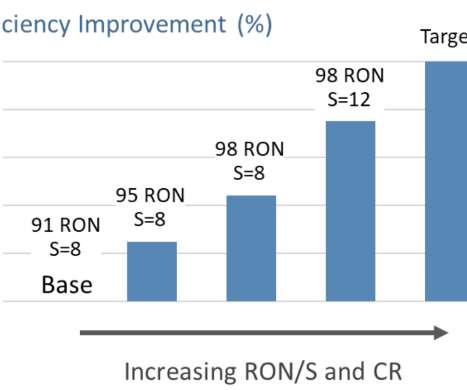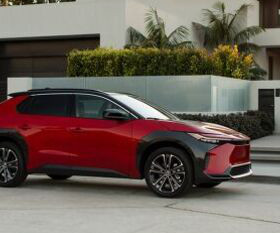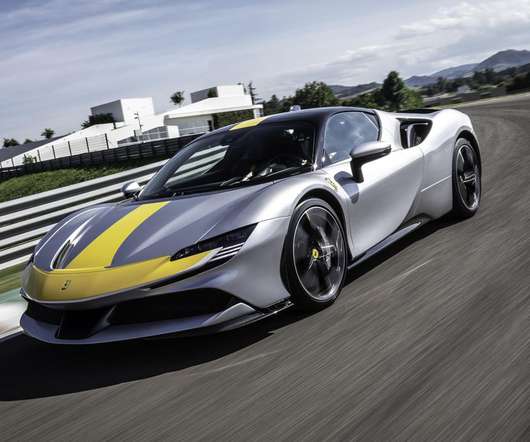New Delphi Technologies 500+ bar GDi system cuts gasoline particulate emissions by up to 50%, reduces fuel consumption
Green Car Congress
MAY 16, 2019
Reducing engine-out emissions cuts tailpipe emissions in the crucial period before catalyst light-off and reduces the need for costly aftertreatment systems. The industry has long recognized that increasing injection pressure to 500+ bar could substantially cut engine-out particulates while improving CO2 emissions and fuel economy.




































Let's personalize your content